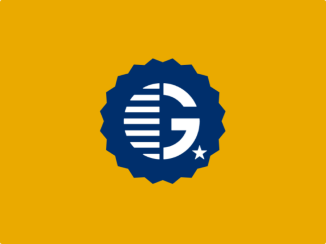global

- 26-Sep-2014
Gilman Video Blogger Alex – Internship Reflection
[youtube=http://www.youtube.com/watch?v=HaREInayRI4&w=560&h=315] Meet U.S. Department of State sponsored Gilman Scholarship recipient Alex Montoya. Alex was a Gilman Global Experience Correspondent duringRead More ⇾

- 22-Sep-2014
Bienvenue en AFRIQUE!
[caption id="attachment_21" align="aligncenter" width="431"] The city (I took it from the airplane)[/caption]I can't believe I am actually in AFRICA! ThereRead More ⇾

- 21-Aug-2014
What I learned in Morocco
[caption id="attachment_744" align="aligncenter" width="1024"] Sunset falling on the Atlas Mountains.[/caption] I sat in my kitchen table in two differentRead More ⇾

- 24-Jul-2014
Life’s What You Make It
“I fell in love the way you fall asleep: slowly, and then all at once.” ― John Green, The Fault in OurRead More ⇾

- 23-Jul-2014
Friendly adventures with a cup of culture shock
Shanghai has a way of making many foreigners feel very special. Everywhere you go people always want to take aRead More ⇾

- 22-Jul-2014
My Future Plans
Even before going abroad, I knew what I wanted to as a professional career: I want to become an internationalRead More ⇾

- 21-Jul-2014
Meet Gilman Video Blogger – Karly
http://www.youtube.com/watch?v=wTArrX-r8Ro Meet U.S. Department of State sponsored Gilman Scholarship recipient Karly Kahl-Placek. Karly was a Gilman Global Experience Correspondent forRead More ⇾

- 18-Jul-2014
And then there was light…and breakfast
The differences between my world in America and my new world in Italy were apparent right way. With my modest-sizedRead More ⇾

- 17-Jul-2014
Embracing the Unexpected
Since the day I started my journey to Kyrgyzstan, unexpected opportunities have become a daily occurrence for me. I canRead More ⇾

- 14-Jul-2014
The Conservation and Beauty of Spain
When I initially went to Spain, I expected to find an environment different from what I was accustomed to inRead More ⇾

- 11-Jul-2014
Road to China
Howdy world! My name is Alex Montoya and I am from Canyon, Texas. I currently am a senior (Wahoo) atRead More ⇾

- 10-Jul-2014
Anything but Graduate School
Before my study abroad semester in Morocco, I was seriously considering going to graduate school. But after this semester, IRead More ⇾



